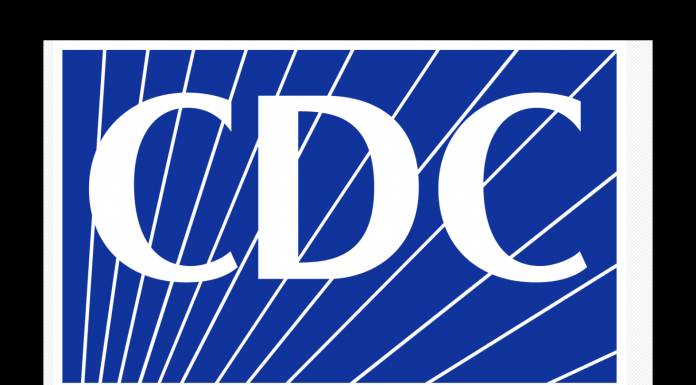AP – The CDC has altered the language in the definition of vaccination on its website, including after the development of COVID-19 vaccines.
The changes were made to prevent potential misinterpretations, and did not alter the overall definition, according to the agency.
Experts confirmed to The Associated Press that the changes reflect the evolution of vaccine research and technology.
The suggestion that COVID-19 vaccine ineffectiveness led the CDC to change its definition of the word online was amplified this week by U.S. Rep. Thomas Massie, a Kentucky Republican who has been critical of pandemic mask and vaccine mandates.
Massie shared an image containing three definitions for the word “vaccination” with his 326,000 followers on Sunday:
- One was labeled “pre-2015” and described vaccination as: “Injection of a killed or weakened infectious organism in order to prevent disease.”
- Another was dated 2015-2021 and said: “The act of introducing a vaccine into the body to produce immunity to a specific disease.”
- The third was from September 2021, calling vaccination: “The act of introducing a vaccine into the body to produce protection from a specific disease.”
CLAIM: The Centers for Disease Control and Prevention has changed its definition of vaccination because COVID-19 vaccines are ineffective. AP’S ASSESSMENT: Missing context.
Massie added the caption: “The vaccine that redefined vaccination,” and in a follow-up tweet stated that he made the image by compiling definitions from the CDC’s website, “using wayback machine to find copies of their old websites.”
The claim has previously spread online from other sources, with the false suggestion that the definition changes prove the vaccines don’t work.
The AP was able to verify through web archives that the language on a CDC page titled “Immunization Basics,” has changed in these ways over time. But this does not mean that the agency altered it because of problems with the coronavirus vaccines.
The CDC told the AP in a statement that it made the language shifts to add detail and increase transparency.
“While there have been slight changes in wording over time to the definition of ‘vaccine’ on CDC’s website, those haven’t impacted the overall definition,” the statement said, noting that the previous definition “could be interpreted to mean that vaccines were 100% effective, which has never been the case for any vaccine.”
Dr. John P. Moore, a professor of microbiology and immunology at the Weill Cornell School of Medicine, said Massie’s remarks amounted to “disinformation” and were based on “semantics not science.”
“I have no problem with the CDC’s language tweaks,” Moore wrote in an email to the AP. “They are informative, not sinister.”
Moore explained that the vaccines protect against disease, not against infections. He said that while the strength of the antibody response can decrease “over a multi-month period,” leading to reduced protection against infection, the vaccines are still effective overall because they continue to protect against severe disease and death. This is true for the omicron variant as well, he said.
Dr. Ryan Langlois, a microbiology and immunology professor at the University of Minnesota, says the CDC’s changes “make total sense,” and add nuance following emerging vaccine developments such as mRNA technology.
“We’ve repurposed this word, vaccination, from 200 plus years ago,” said Langlois, who teaches a course on the history of vaccination. “It’s always difficult when a word is so entrenched but the technology is changing. I think it’s very, very clear that one of the things the CDC is trying to do is to try to update the definition with the updating technology.”
Langlois said the changes also help to make the definition more accurate. He said the word “immunity” can be misleading with any vaccine, as “it’s incredibly rare that that immunity is perfect.”
“Their first definition had protection, and ultimately that’s what a vaccine is supposed to do,” he explained. “Then their second definition used the word ‘to generate immunity’ which is how the protection is derived. But immunity can be a misleading term, because people think if they’re immune it’s all or none. Immunity is not that simple and I think that’s what they tried to do with their third definition. They went back to this protection idea because that’s really what vaccines do.”
___
This is part of AP’s effort to address widely shared misinformation, including work with outside companies and organizations to add factual context to misleading content that is circulating online. Learn more about fact-checking at AP.



